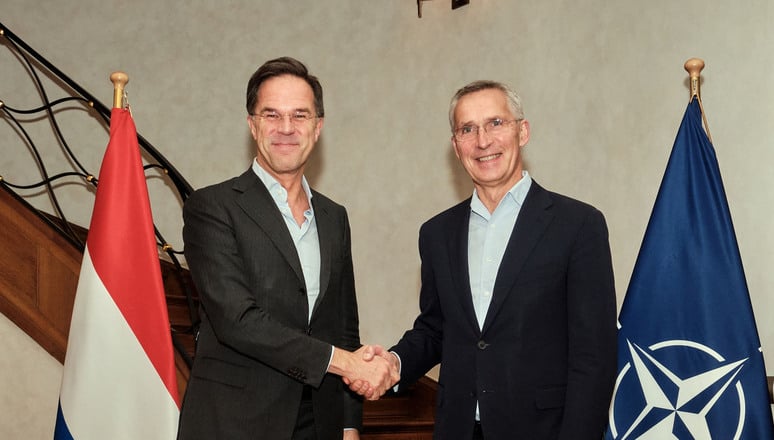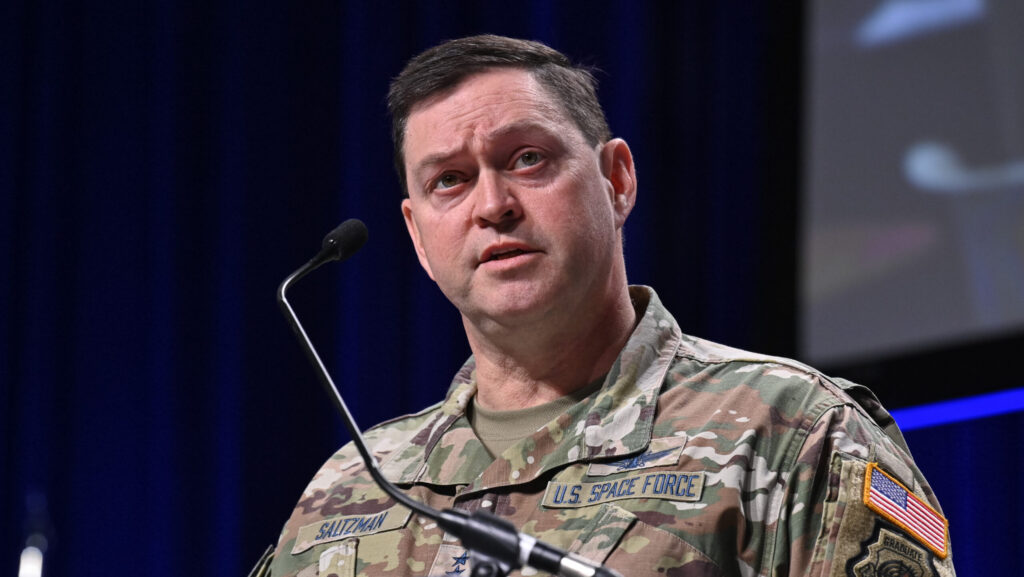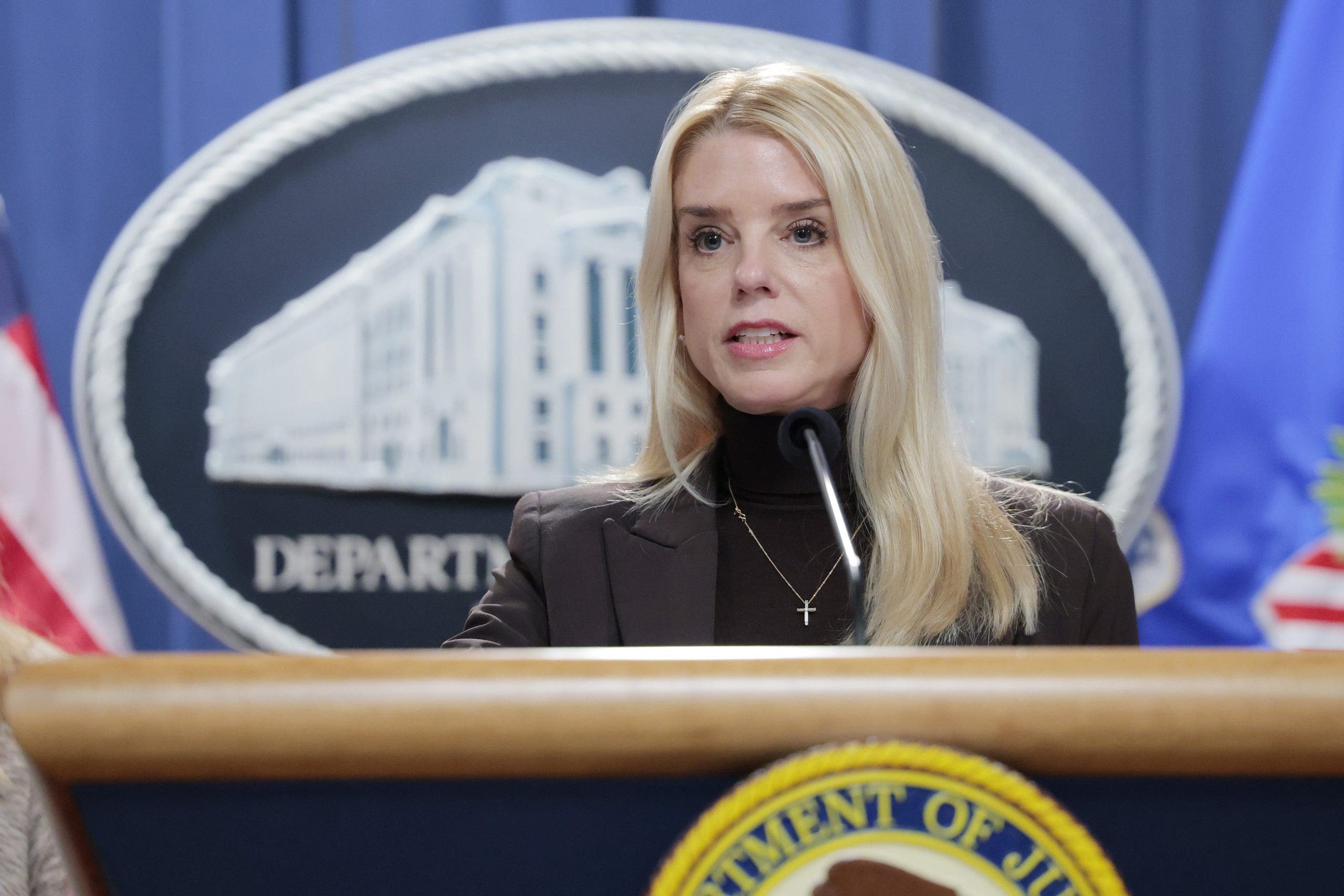Outgoing Dutch Prime Minister Mark Rutte will take over from Jens Stoltenberg as NATO’s new Secretary General from October (NATO)
BELFAST — NATO allies today selected Mark Rutte, the outgoing Dutch Prime Minister, as the alliance’s next Secretary General. Rutte will take up the role officially on October 1, ending Jens Stoltenberg’s 10 year term in office, said NATO in a statement.
The appointment was widely expected after Hungarian Prime Minister Victor Orban voiced his support for Rutte earlier this month, following Rutte’s support for an agreement that excludes Hungarian troops or funds being sent to Ukraine.
He arrives in post at a troubling time for NATO as it deals with the war in Ukraine, the potential return to power of former president Donald Trump, who continues to openly attack the alliance, and a debate among European allies about how they should take on more of the financial and industrial burden for European security, in line with Washington eyeing China as its primary threat.
At the Munich Security Conference in February, Rutte attempted to draw a line under European outrage surrounding Trump’s threat to not “protect” NATO allies who do not contribute enough to the alliance.
“We should stop moaning and whining and nagging about Trump,” Rutte said at the time.
RELATED: Learn more about Mark Rutte, the next NATO chief.
He led the center-right People’s Party for Freedom and Democracy (VVD) for 18 years, heading four Dutch governments in that time before deciding against standing for reelection after a dispute over immigration policy collapsed his coalition government.
Having earned the nickname “Teflon Mark” for avoiding political scandal throughout his career as a Dutch lawmaker, Rutte is also said to be particularly skilled at building improbable partnerships, a talent he is expected to lean on with NATO, where all major decisions require consensus from the 32 member states.
In the Netherlands, “We call him the ‘little oil man,’ who greases all the wheels in the machinery, so they can run smoothly,” said Patrick Bolder, a defense analyst at The Hague Centre for Strategic Studies think tank and retired lieutenant colonel from the Royal Netherlands Air Force.
“Really, Rutte is perfectly aligned for the job because he has no strong personal vision, he will think more about how the alliance can be made as effective as possible, by making sure that all countries can work toward a long term goal. Internationally, he is respected as an honest person, especially in his expressions and his dealings with all the heads of states and heads of government.”
However, Bolder said Rutte’s record on defense has been somewhat questionable compared to some of his potential competitors for the NATO role, such as Estonian Prime Minister Kaja Kallas.
At first, “I wasn’t too enthusiastic about Rutte becoming the next SG [Secretary General] because in the Netherlands he has always shown very little interest in defense topics” and has taken hard stances towards the European Union, Bolder said. In addition, despite signing off on the 2014 Wales Summit pledge raising defense expenditures to 2 percent GDP, under Rutte’s time in office, “That never happened, until the Ukraine war took off.”
The new NATO leader is set to serve an initial four year term, which, as seen with Stoltenberg, can be extended repeatedly.
The official announcement means Stoltenberg can use the upcoming NATO summit in Washington as a victory lap for his time in office, which coincided with NATO’s rise to its highest prominence since the end of the Cold War.
Officially, Stoltenberg has said that the alliance will focus on three core issues during the event; deterrence and defense, Ukraine and global partnerships. Ukraine is not expected to receive an invite to join the alliance at the summit and it remains to be seen if allies will agree to an uplift in the current 2 percent GDP spending target.




















Discussion about this post